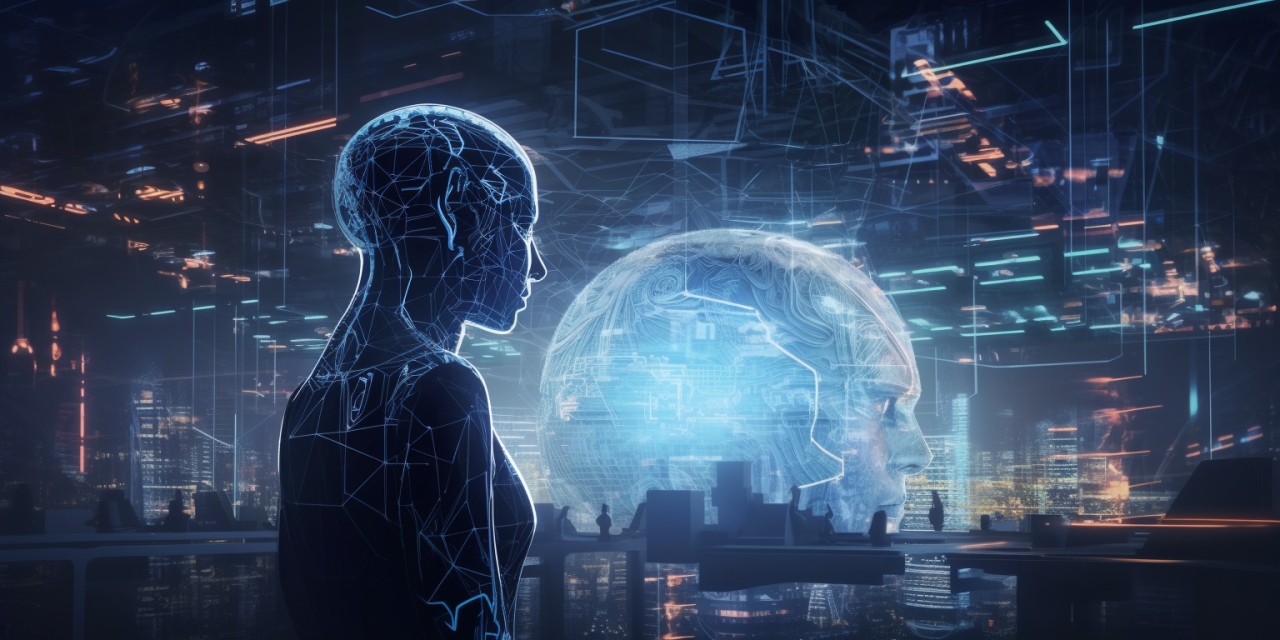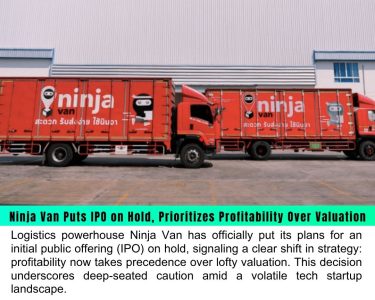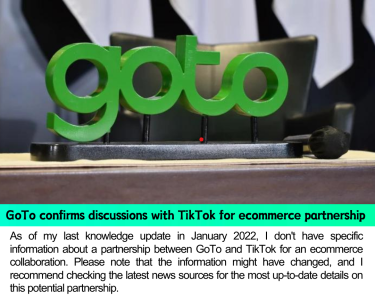In the past, these organizations have relied on their inherent DNA of software expertise to create innovative, speedy, and disruptive products, which have given them a competitive edge. However, the rise of AI has posed a critical question for these companies: will AI amplify their existing model or disrupt it, challenging even the disruptors of the previous generation?
Intuit, a behemoth in the U.S. financial and accounting software sector, is one such organization that hopes to benefit from the AI revolution. Although not a pioneer in generative AI, which is currently trending in the tech industry, Intuit holds 700 AI-related patents that cover areas like natural language processing and machine learning.
Furthermore, Intuit has a vast amount of data and data infrastructure, including 730 million customer interactions and 58 billion machine learning predictions made over the last five years. This treasure trove of data is considered the “oil” that powers many AI machines, and Intuit believes it will help secure its position in the future.
As you can imagine, the journey has not been entirely without its challenges.
Intuit’s CEO, Sasan Goodarzi, has been vocal about the company’s transition to becoming an AI-driven organization. However, this transformation has not been without its difficulties. In 2020, Intuit had to let go of over 700 employees in less critical positions and simultaneously created an equal number of new roles to align with its AI strategy.
However, Intuit’s acquisition of Credit Karma, a high-profile purchase worth $7.1 billion in February 2020, experienced “revenue challenges” that led to a hiring freeze last year. Colleen McCreary, the then-chief people officer of the division, attributed this to the uncertainty of the economic environment at the time.
According to Daniel Jester, the director of equity research for software at BMO Capital Markets, Intuit has touted its strategic vision as an “AI-driven expert platform,” but its execution of this vision has not been entirely revolutionary. Rather than building a full-scale replacement for financial experts in its tax and accounting software business, Intuit is currently focused on leveraging AI and machine learning to enhance its platform.
Jester added that, like most companies, Intuit is attempting to achieve efficient growth in a challenging macro environment for its customers. However, the factors impacting its success vary depending on the business unit.
Moreover, Intuit is known for its staunch lobbying against disruption in areas that could threaten its business, particularly in the realm of free tax services in the United States. It remains to be seen if Intuit will win the argument against free tax services or develop more compelling paid products that use AI, as this issue is a sensitive one for the company.
The fact remains: there is still significant potential, and as having an AI strategy becomes essential for tech companies under public scrutiny, Intuit’s AI efforts are gaining momentum. Intuit’s chief data officer, Ashok Srivastava, is confident that the company is on the right track, thanks to the AI-driven expert platform strategy it adopted several years ago.
Intuit’s portfolio of services, including personal finance management (Credit Karma), marketing automation (Mailchimp), accounting (QuickBooks), and income tax returns (TurboTax), has been receiving and will continue to receive more AI treatment.
Srivastava stated in an interview, “The AI that we build is built on a very vast data infrastructure that we’ve been creating over the last many years… most importantly, the transmission of clean data happens in this infrastructure layer.” He also added that the company’s AI strategy aims to provide customers with “more money,” “reduce work,” and “complete confidence.”
Srivastava, who joined Intuit in 2017 after working with IBM, Sama, and NASA, believes that companies without AI capabilities will not survive in the long run. He stated, “If data is the new oil, then I would argue that AI is the new electricity.” According to him, Intuit is uniquely positioned to excel in this area due to its extensive customer base, massive data scale, and expertise, and the company is wholly focused on meeting its customers’ needs.





